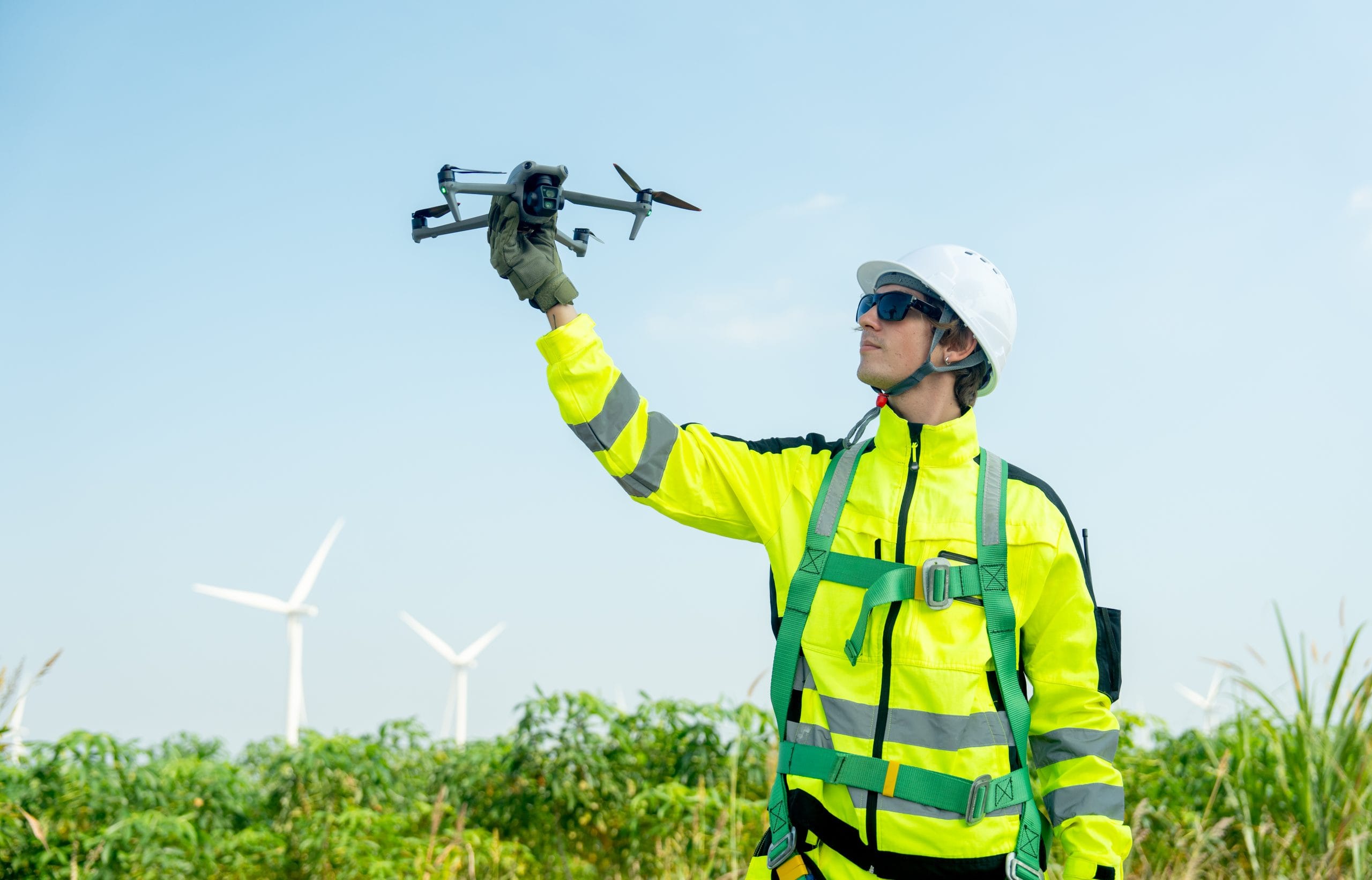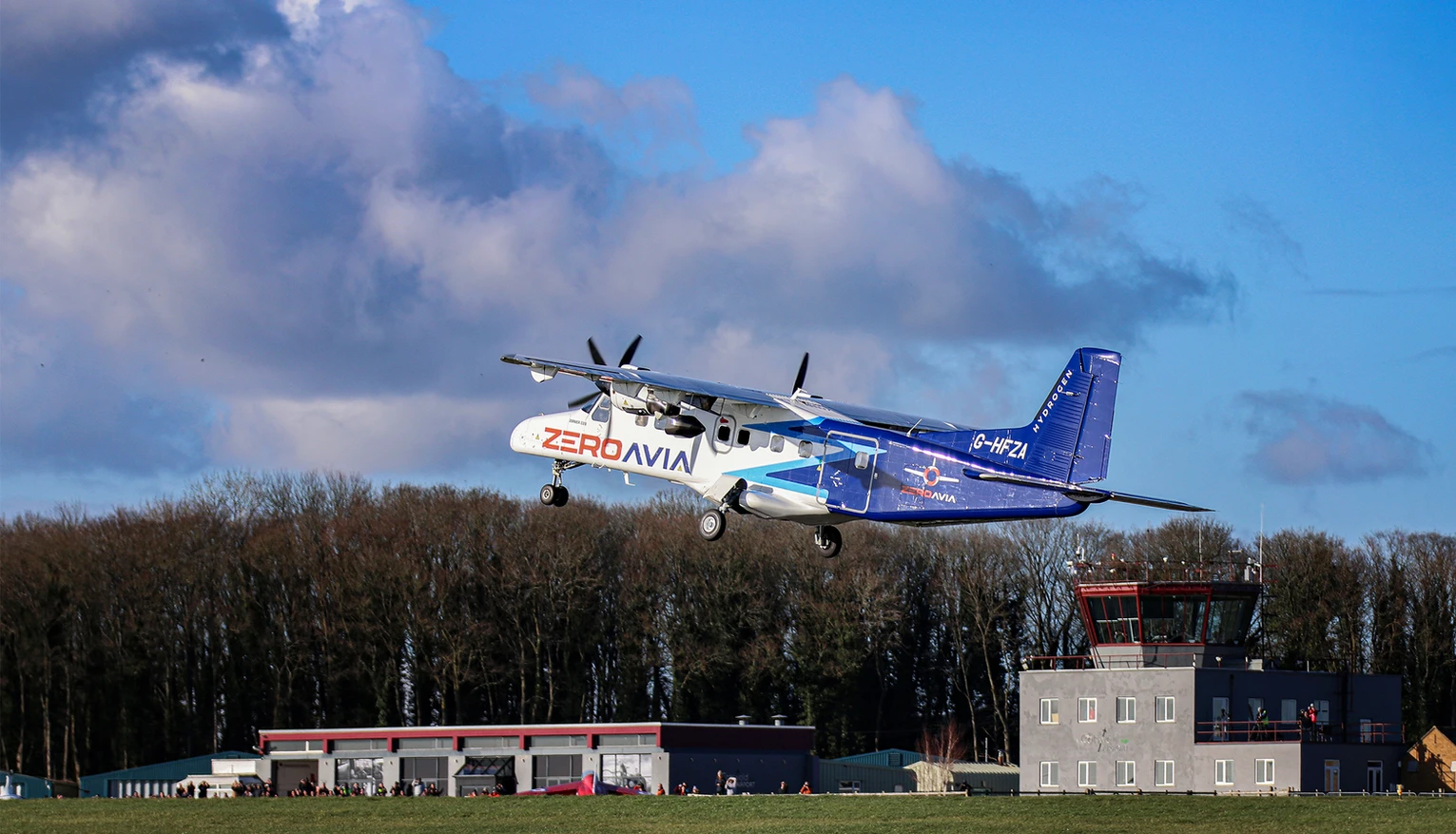


Remote Pilots Turning Drone Skills into Lucrative Careers

Drone technology has opened up new possibilities for skilled operators, shifting what was once a hobby into a profitable business path. Remote pilots today are building full-fledged careers by providing specialized aerial services across industries ranging from real estate and construction to agriculture and media. The growing reliance on drones has created a new ecosystem where technical skill, strategic thinking, and entrepreneurship intersect.
As drones continue to evolve, the opportunities for remote pilots expand with them. Understanding where these opportunities exist and how to position yourself or your business effectively is the first step toward turning drone skills into a sustainable income stream.
The Expanding Drone Economy
The drone industry has seen rapid growth, with global demand for aerial services projected to rise sharply in the coming years. The market, valued at nearly USD 20 billion in 2023, continues to attract entrepreneurs and investors alike. This acceleration stems from adoption across multiple sectors—each finding innovative ways to use drones for safety, data collection, and visual storytelling. Spherical Insights reports that demand for drone services in construction, agriculture, and energy continues to outpace expectations.
Companies such as FlyGuys have capitalized on this momentum by connecting licensed pilots with businesses seeking aerial imaging and LiDAR mapping. The rise of remote contracting platforms gives pilots and small businesses access to large-scale projects that once required major corporate infrastructure.
For business owners and independent operators, this trend translates to flexibility and opportunity. Whether running a solo operation or managing a team of pilots, the demand for skilled operators is climbing—creating room for innovation and financial growth.
Building a Strong Foundation
To transition from flying for fun to earning a living, a remote pilot must meet certain requirements and develop a business-oriented mindset. In the U.S., commercial operators need to obtain the Federal Aviation Administration’s Part 107 certification, which covers airspace rules, weather, flight operations, and safety procedures.
Training programs such as Fullerton College’s Drone Business and Entrepreneurship Certificate go beyond flight training by teaching operational management, licensing, and startup planning. These types of courses prepare individuals not only to fly but to build a profitable business model around their skill set.
Success as a remote pilot depends on a blend of technical proficiency, regulatory understanding, and strong communication. Pilots who can translate their data and deliverables into client value are the ones who stand out in a crowded marketplace.
Industries Embracing Drone Services
The versatility of drone technology makes it valuable across a wide range of industries. Pilots who focus on one or two sectors often find it easier to develop expertise, build long-term relationships, and command higher fees.
Real Estate and Aerial Media
Drone footage has transformed property marketing. Aerial views give buyers a new perspective, helping listings stand out online. Real estate agents now routinely hire licensed pilots for photography and video production, creating consistent work for remote operators.
Infrastructure and Industrial Inspection
Companies responsible for utilities, transportation, or construction are replacing manual inspections with drone-based imaging. Platforms like FlyGuys offer pilots access to large industrial projects where drones can safely inspect hard-to-reach areas and capture detailed data.
Agriculture and Environmental Mapping
Farmers are increasingly using drones to monitor crops, manage irrigation, and analyze soil conditions. By offering agricultural mapping services or partnering with agritech firms, drone pilots can position themselves in an industry focused on efficiency and sustainability.
Creative Content and Production
Drone cinematography has become an essential component of brand storytelling, event production, and media creation. Pilots with strong editing skills and an artistic eye can work with agencies or produce independent content for clients seeking high-impact visuals.
Surveying and Data Analytics
Companies such as SmartDrone highlight how drones are now used for 3D mapping, LiDAR imaging, and topographical analysis. Pilots who can process and deliver accurate data reports are especially valuable to clients in engineering, construction, and land development.
Launching a Drone-Based Business
Starting a drone service business requires more than just a certification. You need a clear plan for how you will operate, who you will serve, and how you will generate consistent revenue.
The first step is identifying your target market and the type of work you enjoy most. Whether that is photography, surveying, or inspections, a defined niche helps you refine your marketing strategy and attract the right clients. Your service offerings should be specific enough to demonstrate expertise yet broad enough to accommodate client needs.
Once your focus is set, invest in equipment that supports your goals. Professional drones with specialized sensors, extended flight time, and software integration give you a competitive edge. Resources like UAV Coach provide useful insights on gear selection and operational best practices.
Establishing a legal and operational framework is equally important. Business registration, liability insurance, maintenance schedules, and compliance with local aviation rules are all essential. Reputable providers such as Nadar Drone Services emphasize professionalism through training, certification, and insurance coverage—qualities that clients expect when hiring remote pilots.
With a foundation in place, marketing becomes the next priority. A simple portfolio website showcasing high-quality images and case studies can help potential clients visualize the benefits of your work. Networking through LinkedIn, trade events, and real estate or construction forums also drives business opportunities.

Learning from Established Networks
Many companies now act as intermediaries, connecting clients with remote pilots for hire. FlyGuys has built an entire business model around deploying pilots nationwide, while Nadar Drone Services recruits independent contractors to handle large commercial projects.
Joining or partnering with a network like this can be a practical way to start. You gain access to clients, benefit from established infrastructure, and still maintain autonomy over your operations. Over time, pilots who develop steady relationships and client trust often branch out to launch independent ventures of their own.
Challenges and How to Overcome Them
While the potential for profit is strong, running a drone-based business is not without challenges. Regulatory complexity remains one of the biggest hurdles, as different states and countries have varying requirements for commercial drone operation. Staying informed and compliant protects your business from costly interruptions.
Competition is another factor. Entry-level drone photography has become saturated, which puts pressure on pricing. The solution lies in differentiation. Specialize in a niche, offer value-driven services, and emphasize accuracy, reliability, and speed of delivery.
Technology costs can also be significant. High-end sensors and mapping software represent a large investment. Leasing or collaborating with other pilots can help offset these expenses while allowing access to advanced tools.
Lastly, maintaining client trust is critical. Delivering consistent results and clear communication builds long-term relationships that lead to referrals and repeat work.
Opportunities for Business Owners
Drone technology presents possibilities not only for pilots but also for business owners across industries. For construction firms, drones provide real-time project updates and reduce on-site risk. For real estate agencies, aerial footage enhances marketing materials. For agriculture, data-driven insights improve yield and efficiency.
Companies can also expand their service portfolios by collaborating with drone operators instead of hiring in-house teams. This model allows flexibility while keeping costs manageable. Entrepreneurs who identify these partnership opportunities often create entirely new divisions within their organizations dedicated to aerial data services.
Looking Ahead
The future of drone operations will continue to evolve alongside technology. Autonomous flight, long-range remote monitoring, and data analytics are reshaping how drones are used in business. As the industry matures, regulations will likely expand to allow more complex operations, including flights beyond the pilot’s visual line of sight.
Industry insights from Drone U show that pilots who adapt quickly and integrate advanced software into their workflows will remain competitive. Businesses that embrace these tools will gain an operational edge and improve their decision-making through data visualization and automation.
Closing Remarks
Remote piloting has moved from a personal interest to a viable business model, attracting entrepreneurs who combine passion for aviation with strategic vision. Those who pursue certification, choose their niche wisely, and deliver measurable results are finding that the drone industry offers real financial reward.
Whether your goal is to operate independently or build a company that manages a fleet of pilots, the demand for aerial services continues to rise. The key is to treat it like any other business—focus on quality, reputation, and long-term client relationships. The sky is no longer the limit; for remote pilots with ambition, it is the starting point.





